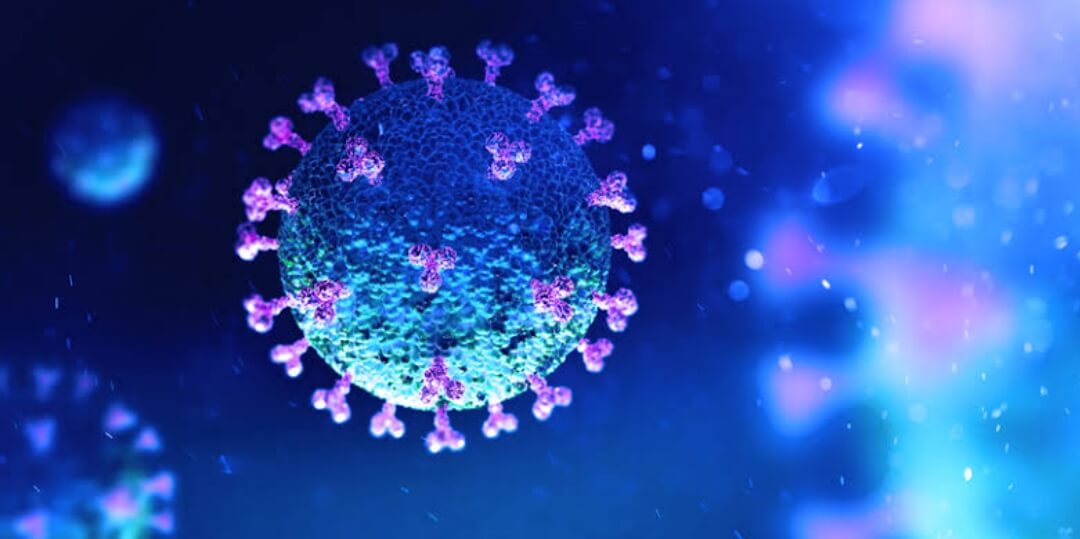Syncretic systems like Unani offer lessons for sustainable, effective healthcare.
The evolution of Unani medicine itself has been as a syncretic science. It draws its roots and name from ancient Greek physicians and philosophers, Hippocrates and Galen, also the acknowledged roots of modern medicine in Europe. Greek knowledge was absorbed and preserved by the Arabs through translation of Hippocratic and Galenic texts into Arabic (and later into Latin, making them accessible to Europe). The Persian scientist-philosopher Ibn Sina was next in chronology to contribute much to this medical tradition.
It is important to recognize is the value of the scientific approach of Unani that is diagnostic, prognostic and holistic, with a stated syncretic developmental approach. All sciences grow by interacting with and assimilating from other knowledges, but most do not actively acknowledge this, instead claiming a superiority and universality of application. Unani offer lessons for sustainable, historically, medicine and its effectiveness has been one route to assertion of cultural superiority and political legitimacy. However, Unani demonstrated a scientific humility by retaining the name that acknowledges its roots.
The treatment in Unani medicine involves courses of Regimental therapy which includes venesection, cupping, sweating, diuresis, bath therapy, massage, cauterization, purging, emesis, counter-irritation, exercise, and leeching. Diet therapy which deals with certain ailments by administration of specific diets or by regulating the quantity and quality of food.
When the first Unani Education Committee was set up in 1964 by the Government of India to formulate a shuddha (pure) Unani curriculum, members argued that “purity” is unscientific and undesirable. It was said: “The appellation ‘Unani’ (Greek or Ionian) has been retained by promoters of this system of medicine, the Arabs, and the Persians as an honest acknowledgment of their indebtedness and a tribute to the great Greek philosophers who were originators of the basic principles of this system, as well as of the modern system of medicine.
Decolonizing healthcare with confidence in fundamental principles of Unani offer lessons for sustainable and openness to syncretic adaptations based on sound logic and research has lessons for sustainable and effective healthcare.












